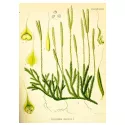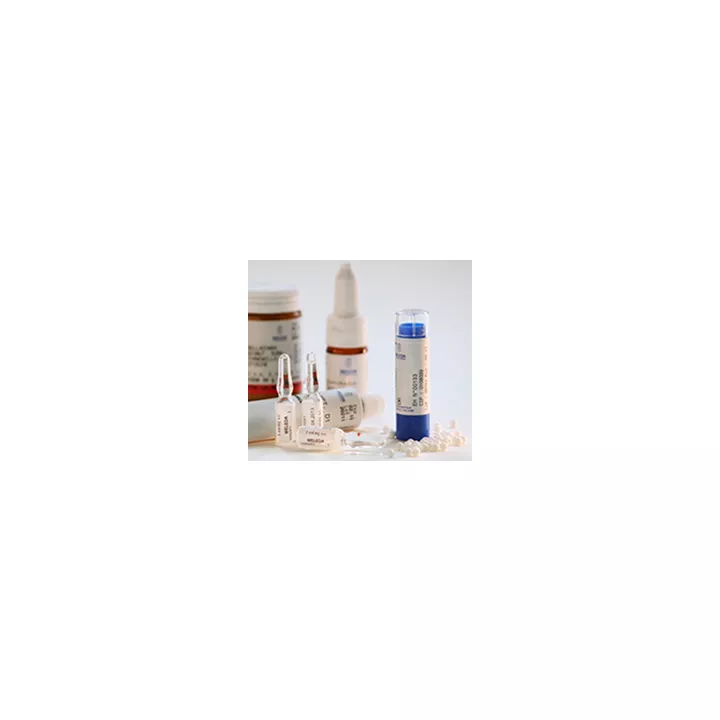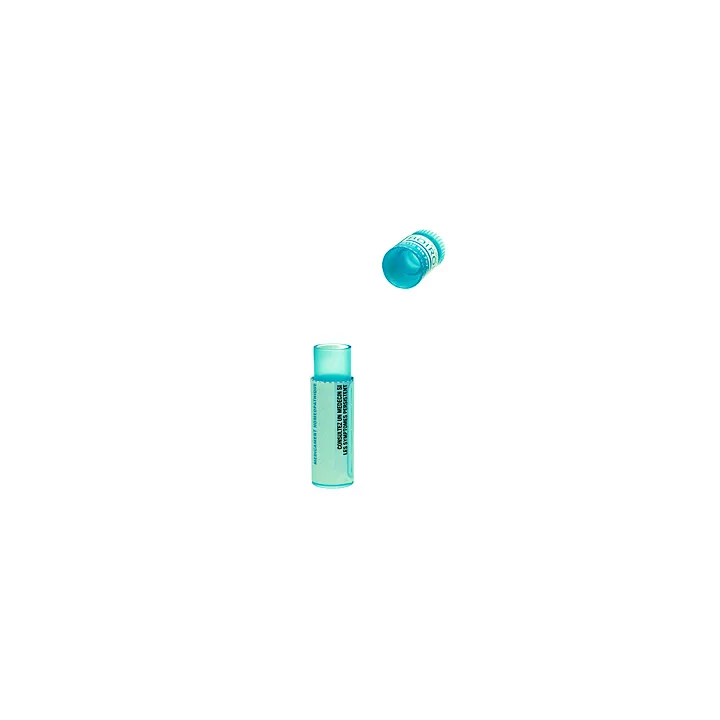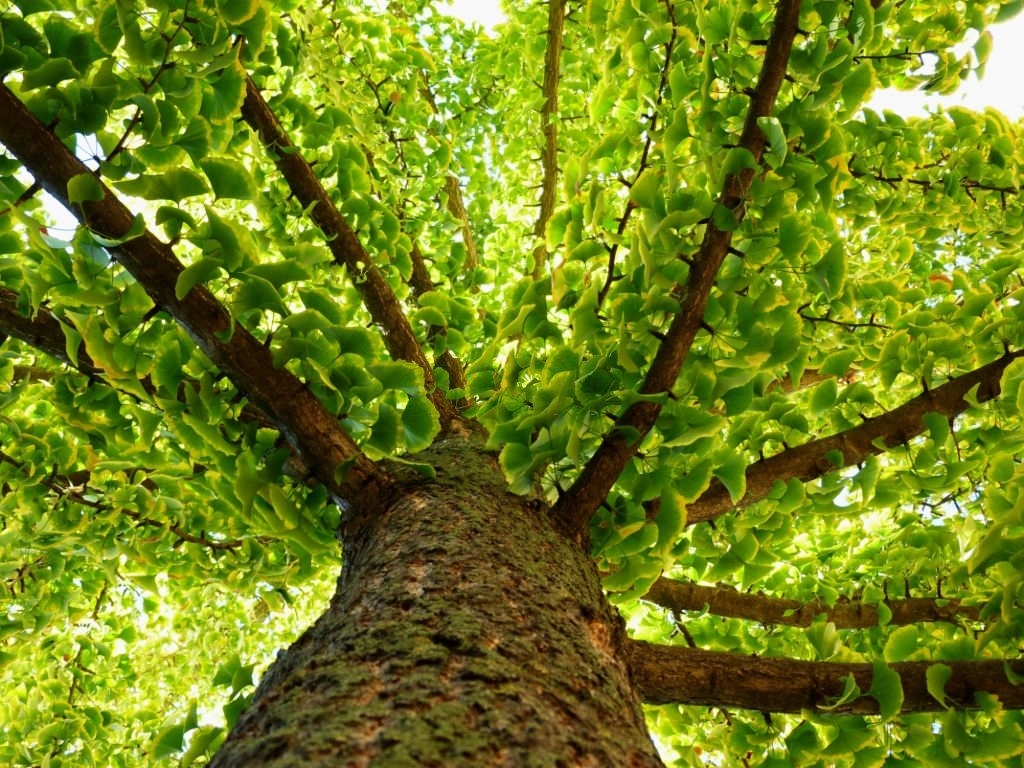What is lycopod used for?
Lycopod is a perennial plant, often nicknamed "club weed" because of the distinctive shape of its spikes. Measuring up to 60 cm, its slender, creeping stem is covered with small green leaves. Although devoid of flowers, this plant is fascinating in its appearance and properties. It grows mainly in the pastures and forests of Europe and North America, on poor, acid soils.
Its increasing rarity makes it a protected plant in several regions, notably France. The harvesting of lycopods is sometimes regulated to prevent their disappearance, underlining the importance of conserving this unique species. Lycopod is widely recognized for its health benefits. Here are some of its main virtues:
Lycopod is particularly effective in improving intestinal transit. Thanks to lycopodine, it stimulates peristaltic movements and helps uterine contraction. Used as an infusion, it aids digestion and relieves disorders such as diarrhea and abdominal pain. Its purgative properties make it a natural ally for purifying the digestive tract, while relieving symptoms of gout and hemorrhoids.
When applied externally, lycopod has emollient properties that soothe skin irritations. It is commonly used to treat conditions such aseczema, acne and warts. The spores, when applied in powder form, can also help relieve irritation and promote wound healing. This plant is therefore an interesting option for those seeking natural remedies for their skin problems.
In addition to its effects on digestion and skin, lycopod is recognized for its diuretic properties and positive impact on blood circulation. Used as a decoction, it can relieve pain associated with conditions such asarthritis and cystitis. Its wealth of active ingredients makes it a versatile remedy, capable of acting on a variety of ailments, from urinary disorders to rheumatic pain.
The benefits of lycopod are many and varied, making this plant an essential part of phytotherapy. Here's a detailed overview of its main effects:
- Digestive properties: Thanks to its composition, lycopod stimulates the digestive system, facilitating the elimination of toxins and waste. Its purgative effect makes it a valuable ally for those who suffer from frequent digestive disorders.
- Skin care: Lycopod's antiseptic and healing properties make it an excellent choice for treating skin ailments. Whether it's to soothe irritation or promote wound healing, lycopod proves effective.
- Pain relief: Used as a decoction or poultice, lycopod can reduce inflammation and relieve pain associated with conditions such asarthritis or gout.
- Diuretic effects: This plant helps improve kidney function, helping to eliminate toxins from the body. It is particularly useful in cases of water retention or urinary disorders.
- Fatigue support: By stimulating blood circulation, lycopod can also provide a boost of energy and help combat fatigue.
- Antioxidant: Its rich antioxidant content helps protect cells from free radical damage, promoting healthy skin aging.
To take full advantage of lycopod's properties, we recommend using it as part of a balanced diet and healthy lifestyle.
Iphym also offers Maïs Stigmate Coupé, at the best price in our online pharmacy.
How to use this plant
To enjoy the benefits of lycopod, infusion is a simple and effective method. Here's how to prepare your infusion:
- Ingredients: Add a teaspoon of lycopod to a cup of hot (not boiling) water.
- Infusion time: Leave to infuse for around ten minutes.
- Precautions: Lycopod can have emetic effects, so it's important not to overuse it. Do not exceed two cups a day, and avoid using it if you are pregnant or have young children.
Lycopod is also effective for external use, particularly in cases of skin inflammation:
Preparation of a decoction:
-
- Boil a liter of water.
- Add a large handful of lycopod and simmer for around ten minutes.
- Strain and apply to the affected area with a clean cloth.
For an ointment, mix 80% neutral base with 20% crushed lycopod.
Give your opinion on the use and dosage of lycopode with our partner Verified opinions after your purchase.
Precautions for use: Due to its potentially toxic properties, it is imperative not to consume raw lycopod and to always perform a skin test before application. If you experience any undesirable effects, consult a health professional immediately.
What does it contain?
Latin name: Lycopodium clavatum L.
Family: Huperziaceae
Common names : Lycopodium, Vegetable sulfur, Club grass, Wolf's paw
Parts used : Aerial part
Origin: Europe
Active ingredients: Alkaloids, flavonoids, caffeic acid, triterpenes
Presentation: Available in 100 g, 250 g or 1 kg formats.










